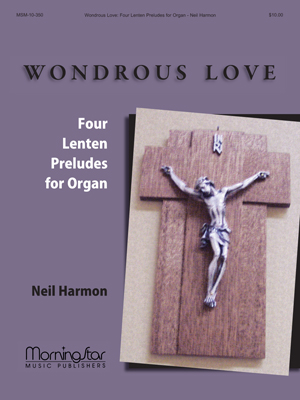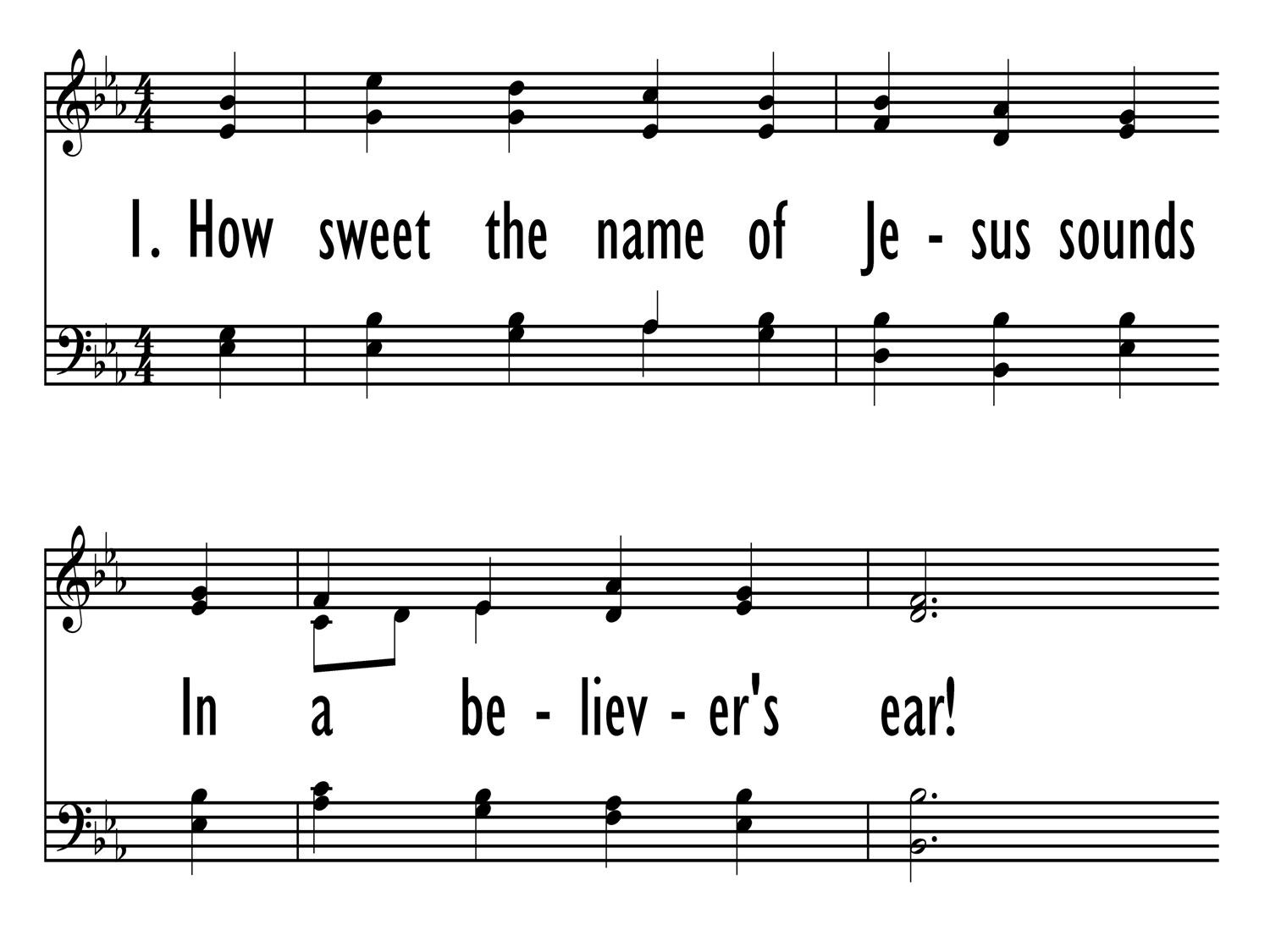Come, let us to the Lord our God. J. Morison. [Lent.] First appeared as No. 30 in the Draft Scottish Translations and Paraphrases, 1781, as a version of Hosea, vi. 1-4, in 6 stanzas of 4 lines. Here are the following variations from the public worship ed. issued in that year by the Church of Scotland, and still in use:—
Stanza iii., l. 4, Rejoicing in his sight.
Stanza iv., l.1, Then shall we know His grace and love.
Stanza iv., l. 2, If him we make our choice.
In the markings by the eldest daughter of W. Cameron (q. v.), it is given as "Morison altered by Logan." It is one of the finest of the Paraphrases, and has recently come into extensive use, as in England in the Hymnal Companion, 1871-1877; the Baptist Hymnal, 1879, &c; and in America in the Andover Sabbath Hymn Book, 1858, and others. Included in full, and unaltered, in Thring's Collection, 1882, No. 274, and the Free Church Hymn Book, 1882, No. 48. In the Irvingite Hymns for the use of the Churches, 1864, stanzas iii-vi. beginning, "Long hath the night of sorrow reigned," are included as No. 13 (ed. 1871, No. 48), and appointed for Advent; and the same as No. 494 in the American Dutch Reformed Hymn Book 1869. Included in two parts, pt. ii. beginning, "Our hearts, if God we seek to know," as No. 62 in Miss Leeson's Paraphrases and Hymns for Congregational Singing, 1853. [Rev. James Mearns, M.A.]
--John Julian, Dictionary of Hymnology (1907)
=======================
Come, let us to the Lord our God, p. 249, i. This has been rendered into Latin by H. M. Macgill, 1876, No. 67, as "Veniamus poenitentes."
--John Julian, Dictionary of Hymnology, Appendix, Part II (1907)


 My Starred Hymns
My Starred Hymns







